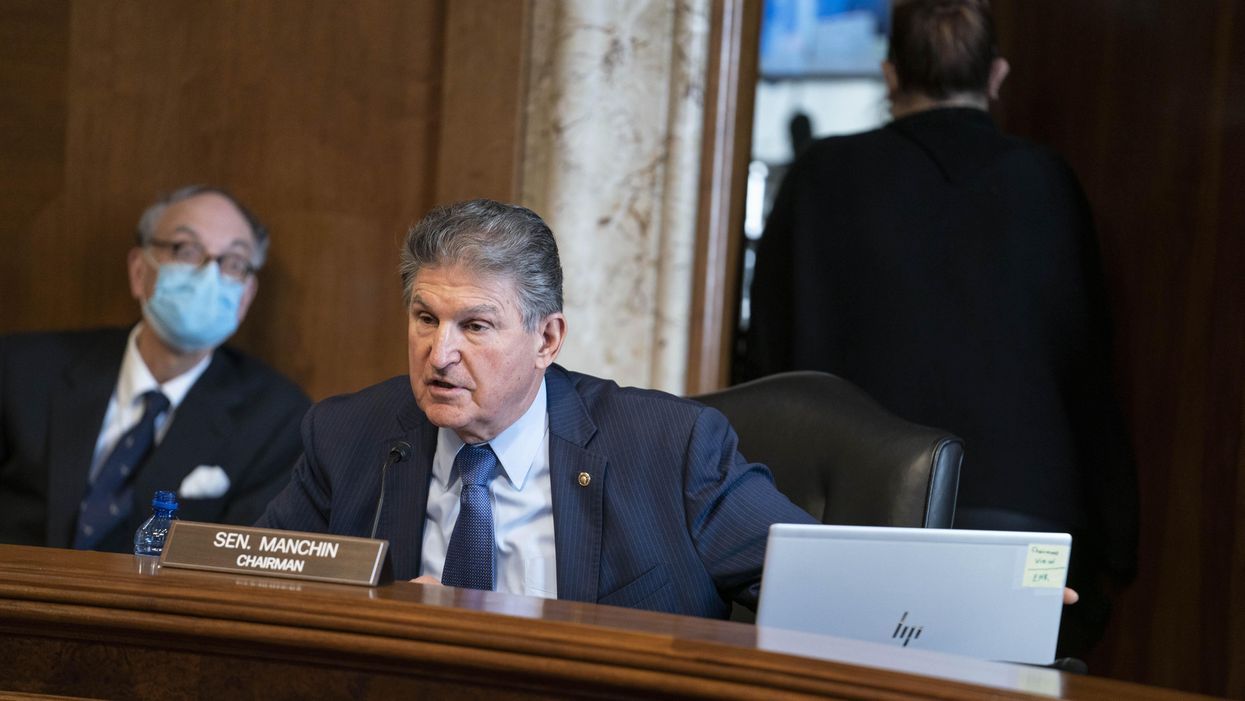This week, governors and legislatures across the country took action to change voting rules in a handful of states while Senate Democrats made modifications to the sweeping election overhaul bill known as the For the People Act.
While many state legislatures are debating bills to alternately ease or restrict voting, the most progress has been made in states that are tightening election rules. This week, Texas and Florida took big steps in that direction, while New York became the latest to restore voting rights to felons who have completed their sentences.
Here are five key stories to keep you in the loop on the latest activity.
Senator Joe Manchin Seeks Compromise on Voting Rights Legislation (The Intelligencer/Wheeling News-Register)
Texas GOP's voting restrictions bill could be rewritten behind closed doors after key House vote (Texas Tribune)
DeSantis signs controversial new election law making it harder for some Floridians to vote (Orlando Sentinel)
Cuomo signs law to restore voting rights to parolees immediately after prison release (CBS News)
Bill to Give Parties Control over Congressional Primaries in Louisiana Dropped (IVN)




















